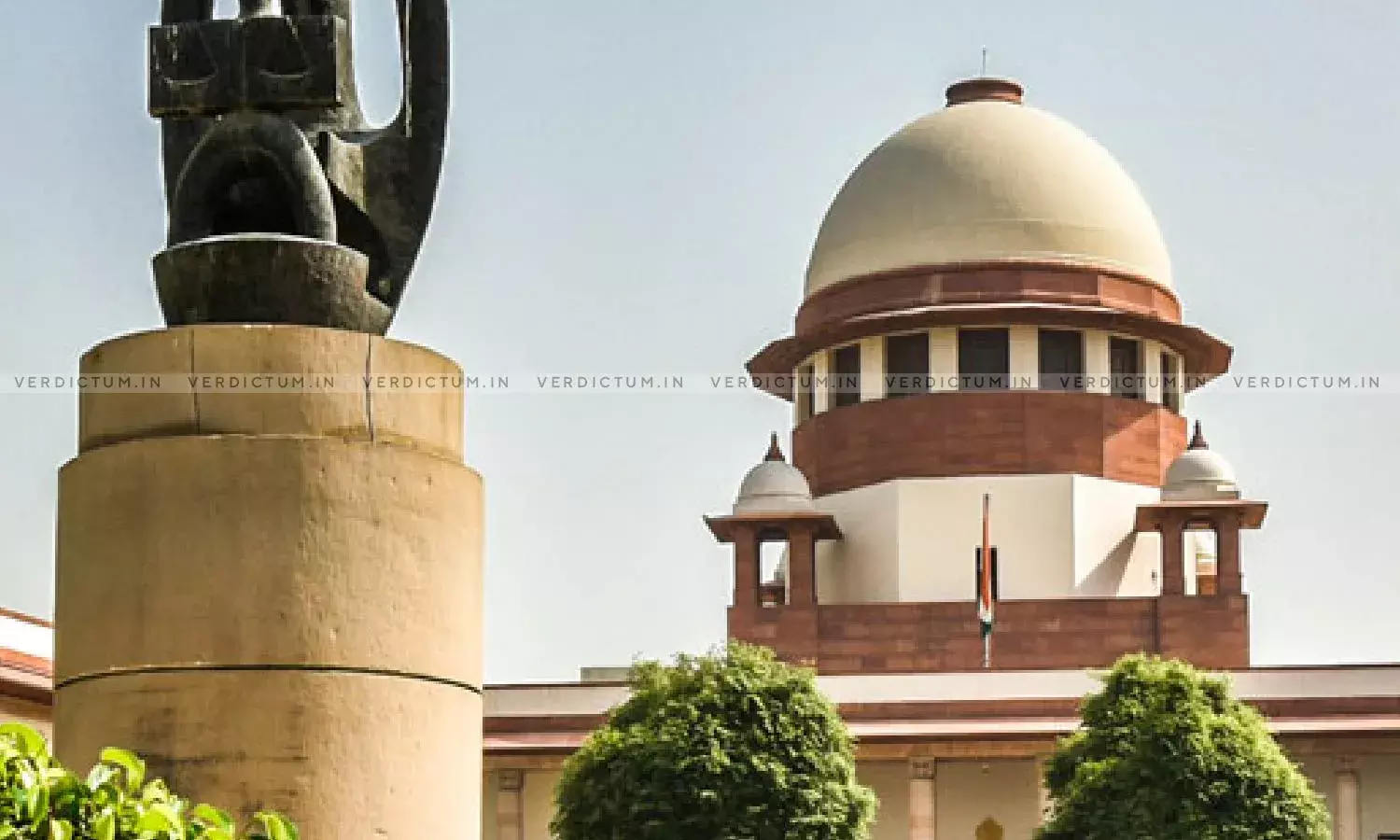'Previous Enmity' A Double Edged Weapon; Can't Rule Out Possibility Of False Implication: Supreme Court Acquits Murder Accused

The Supreme Court observed that 'previous enmity' alleged by the prosecution in murder cases is a double edged weapon.
"Though on the one hand it provides the motive, on the other hand, the possibility of false implication cannot be ruled out.", the court said while acquitting a man in a murder case.
The man had challenged the judgment of the Madhya Pradesh High Court which dismissed his appeal and confirmed the judgment of the Trial Court convicting him.
The three-Judge Bench comprising Justice B.R. Gavai, Justice P.S. Narasimha, and Aravind Kumar observed, “… previous enmity is a double edged weapon; on the one hand it provides the motive, whereas on the other hand, the possibility of false implication cannot be ruled out. … We are of the considered view that the testimony of PW.5-Ramkali and PW.6-Mulchand would come in the category of wholly unreliable witnesses. As such, conviction on the basis of their testimony, in our view, would not be sustainable.”
Advocate R. Chandrachud appeared for the appellant while Deputy Advocate General V.V.V. Pattabhiram appeared for the State.
In this case, PW.5-Ramkali, PW.6-Mulchand along with their relative Pannalal (PW.8) and son as well as grand-daughter and two other villagers namely were going on a bullock cart to Mau from Ujhawal. PW.8 was driving the cart and when the cart reached near village Rasnol, two persons came in front of the cart and stopped their cart. Thereafter, 3-4 other persons also came there and since deceased, appellant, and others had come there after ten minutes of stopping of the cart, the accused fired the first shot and it hit the said son in his chest. Thereafter, another shot was fired which hit the son in the arms and thereafter, the third shot was fired which hit PW.5 in her right thigh.
As a result, an FIR was lodged initially for an offence punishable under Section 307 of the Indian Penal Code (for short ‘IPC’). Following the death of son, the case was converted to one under Section 302 of the IPC. Since the case was exclusively triable by the Sessions Judge, it came to be committed to the Special Judge & Second Additional Sessions Judge, Bhind. Six accused were tried for the offences punishable under Sections 147, 148, 302, 149, 307, and 341 of the IPC. The Trial Court convicted the appellant under Sections 148, 302 read with Section 149 and Section 307 of the IPC. Being aggrieved thereby, an appeal was preferred by the appellant which was dismissed by the High Court.
The Supreme Court in view of the above facts noted, “… there are three types of witnesses. If the witness is wholly reliable, there is no difficulty inasmuch as relying on even the solitary testimony of such a witness conviction could be based. Again, there is no difficulty in the case of wholly unreliable witnesses inasmuch as his/her testimony is to be totally discarded.”
The Court added that it is only in the case of the third category of witnesses which is partly reliable and partly unreliable that the Court faces the difficulty. It said that the Court is required to separate the chaff from the grain to find out the true genesis of the incident.
“We find that when the Trial Court has disbelieved the testimony of PW.5-Ramkali and PW.6-Mulchand insofar as accused Uma Charan was concerned, it could not have applied a separate standard while considering the case of the present appellant-Balaram and Rameshwar (since deceased)”, said the Court.
Accordingly, the Apex Court allowed the appeal and set aside the order of the conviction.
Cause Title- Balaram v. State of Madhya Pradesh (Neutral Citation: 2023 INSC 1000)


